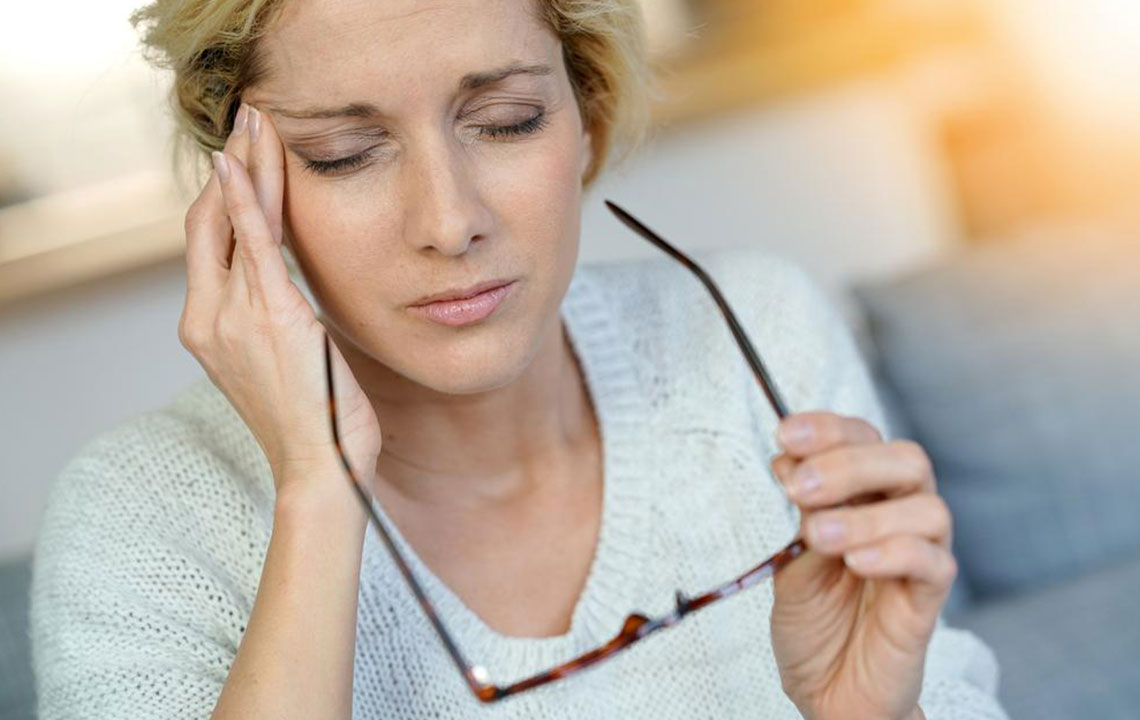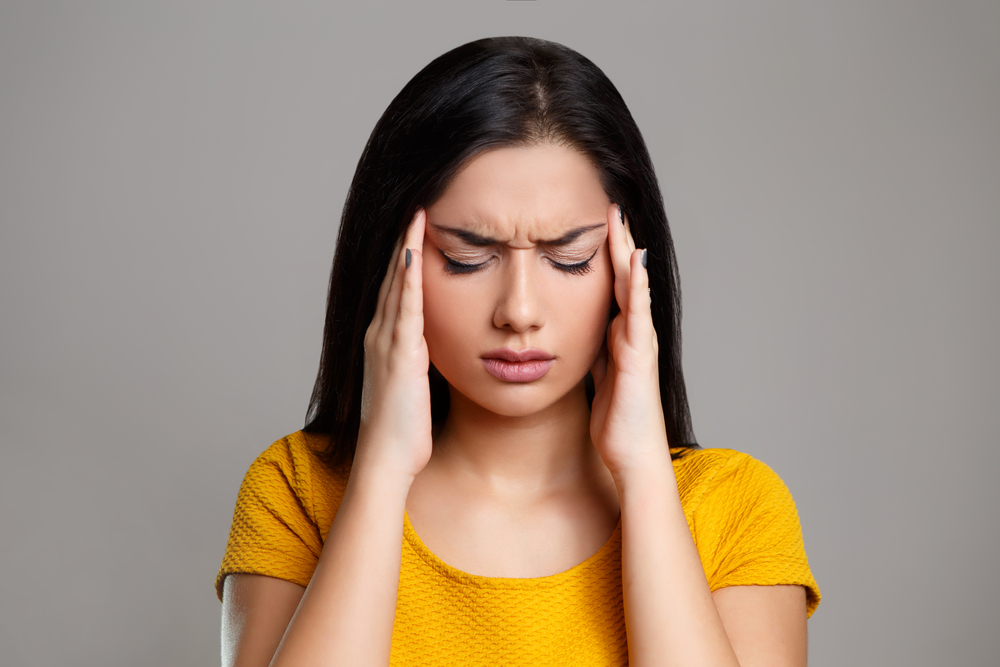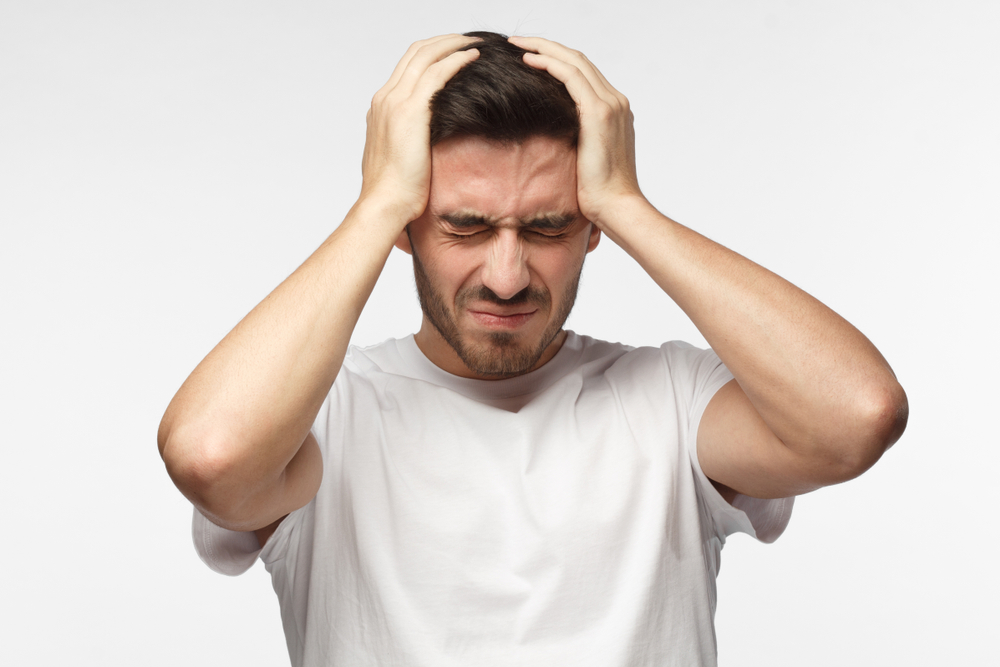Top 12 Factors That May Cause Migraines
This article covers 12 common migraine triggers, including diet, weather, stress, hormones, and environmental factors. Understanding these triggers helps sufferers in preventing episodes through lifestyle adjustments. Practical tips like managing stress, staying hydrated, and avoiding strong odors or bright lights can make a significant difference. Recognizing personal triggers is essential for effective migraine management, leading to improved quality of life. The article offers insights into lifestyle modifications and preventive strategies to help reduce migraine frequency and severity.
Sponsored

According to the Migraine Research Foundation, one in four households has someone affected by migraines. This includes about 10% of children nationwide. Despite scientific progress, migraines remain poorly understood. Experts agree that sensory triggers set off migraines, but these differ among individuals. Identifying and avoiding personal triggers is crucial for managing symptoms. The most common factors include dietary elements, weather changes, stress, hormonal fluctuations, strong odors, bright lights, loud noises, caffeine, dehydration, sleep issues, medications, and intense physical activity. Recognizing these can help reduce migraine episodes and improve quality of life.
Dietary Triggers: Foods with strong flavors or scents, like dairy, chocolate, cured meats, and processed items containing MSG or artificial sweeteners, often trigger migraines. Reading labels carefully can help avoid these.
Weather Shifts: Changes in temperature, barometric pressure, humidity, or moving to a new climate can induce migraines, as weather impacts are unpredictable and hard to control.
Stress: Nearly 70% of sufferers report stress as a major trigger. Managing stress through meditation or relaxation techniques can lessen attack frequency.
Hormonal Changes: Women are more vulnerable to hormonal fluctuations that provoke migraines, especially during menstrual cycles. Using contraceptives may help manage this trigger.
Environmental Odors: Sharp smells from perfumes, smoke, or industrial chemicals can trigger migraines. Wearing nose masks in such environments might offer relief.
Light Sensitivity: Bright lights can cause migraines and photophobia. Using sunglasses outdoors and dim lighting indoors can provide relief.
Loud Noises: High decibel sounds and loud environments often trigger migraines. Avoiding noisy places can be beneficial.
Caffeine & Alcohol: Both substances can lead to neurological changes, triggering migraines in sensitive individuals. Limiting or avoiding them is advised.
Dehydration: Inadequate hydration, especially in hot weather, during exercise, or from alcohol intake, can worsen migraines. Carrying water helps prevent this trigger.
Sleep Issues: Irregular or poor sleep patterns contribute to migraines. Maintaining a consistent sleep schedule is vital for prevention.
Medication Overuse: Extended use of certain medications can cause withdrawal headaches. Consult healthcare providers about safe medication use.
Physical Strain: Excessive or strenuous exercise, especially without hydration, can bring on migraines. Taking breaks during activity is recommended.
This article highlights key factors that can trigger migraines, emphasizing the importance of identifying personal triggers and adopting lifestyle changes to reduce their occurrence. Proper management and awareness can significantly improve the well-being of migraine sufferers.





